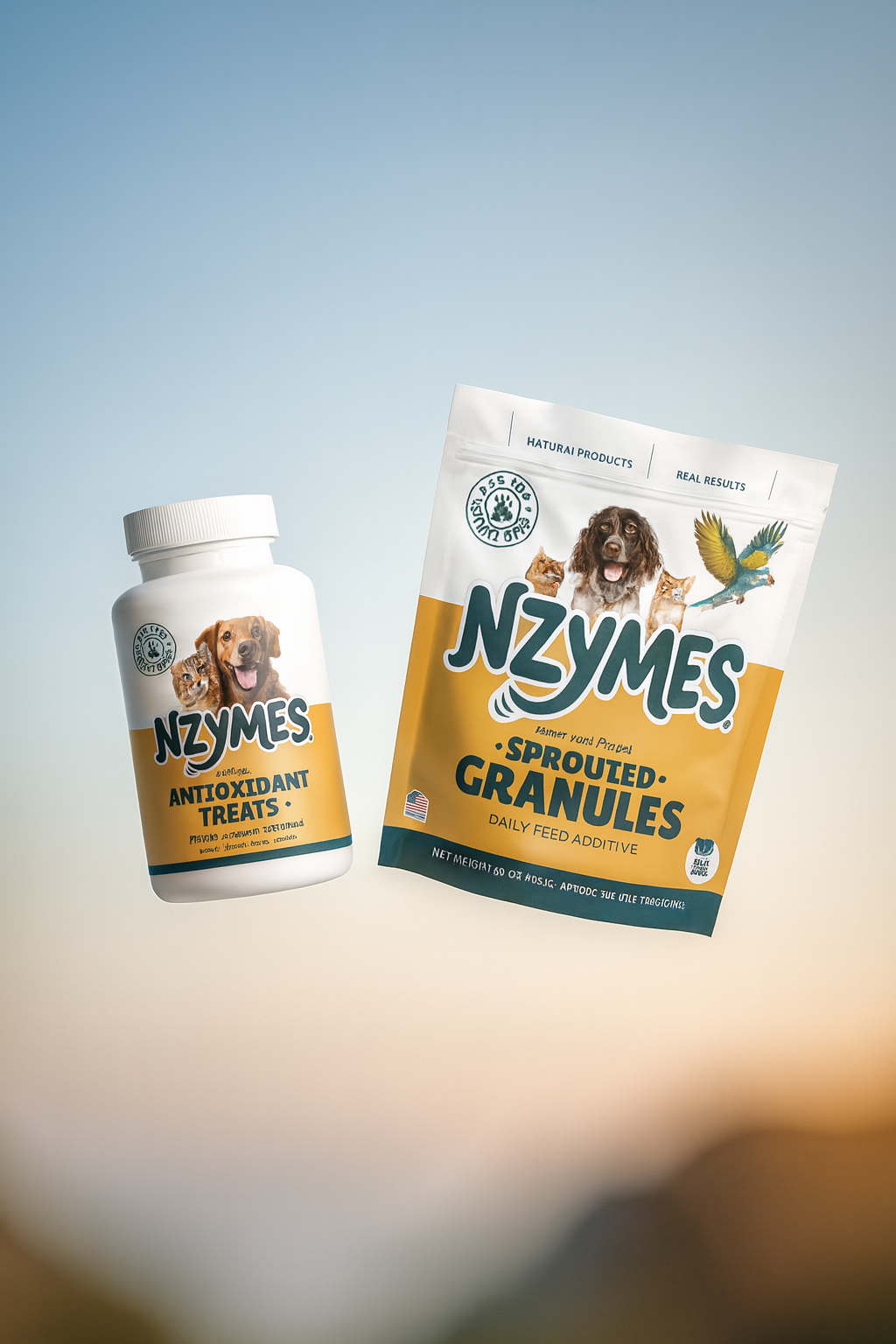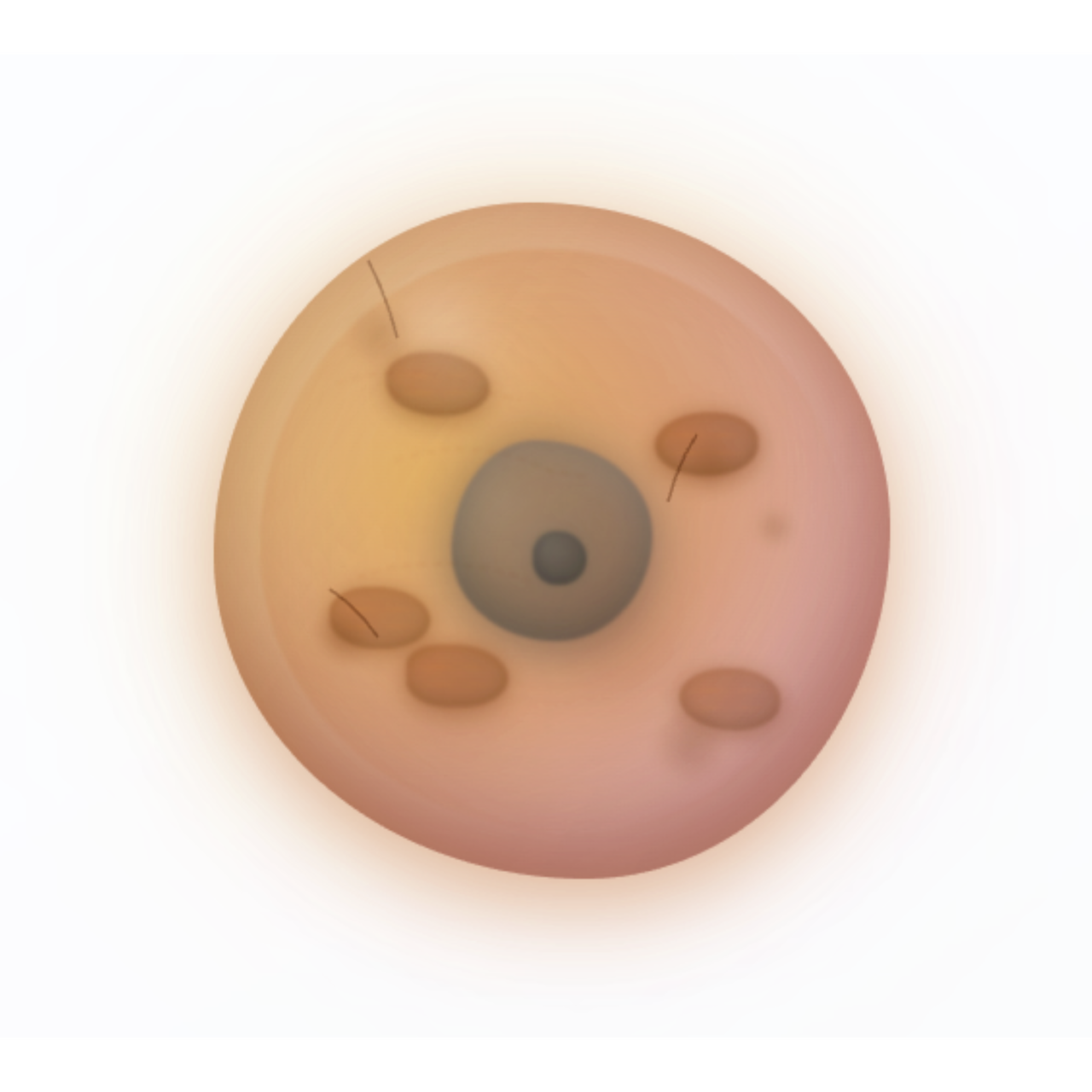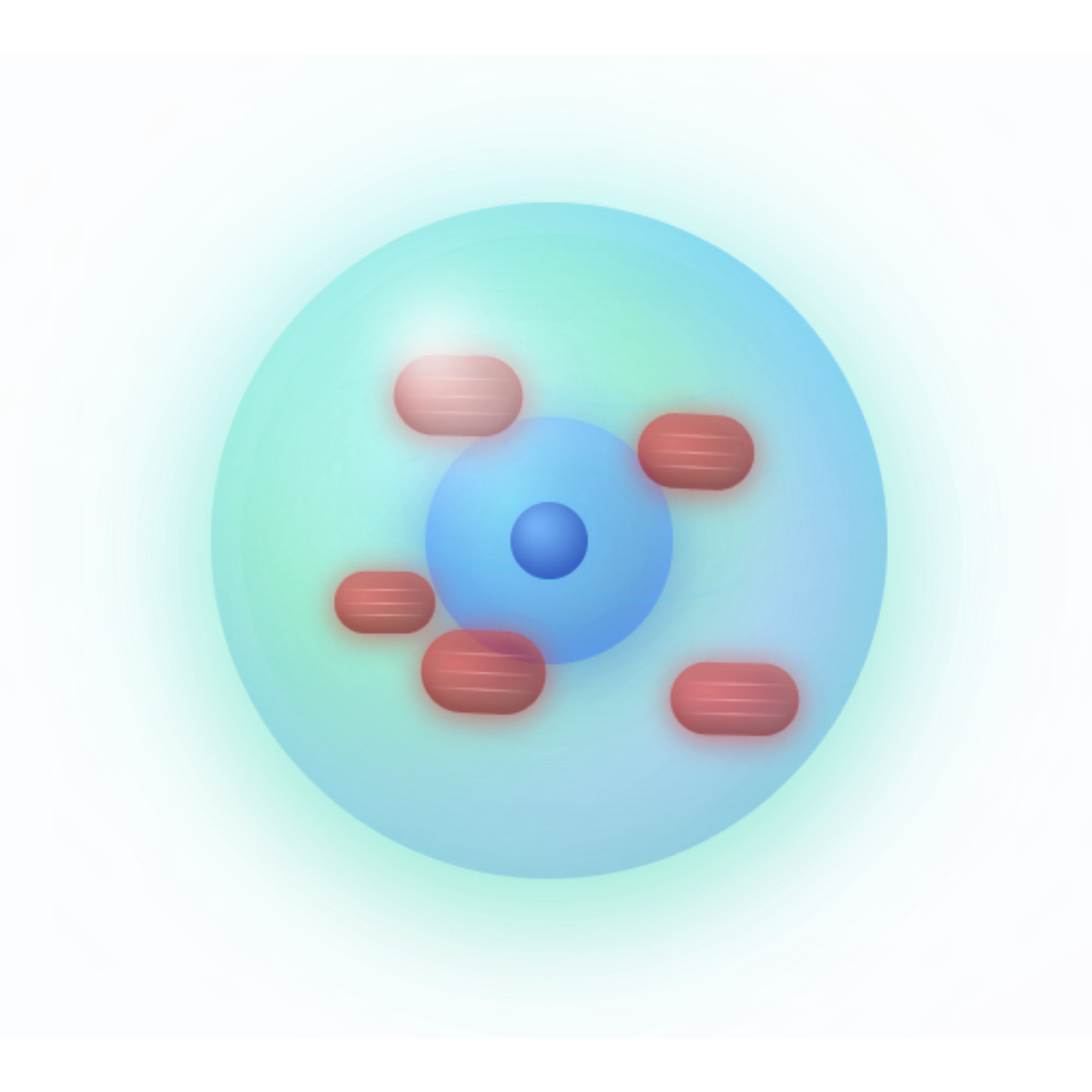What Processed Food Takes Away
Most modern pet diets — including kibble, canned, cooked, and even some raw — lack
natural enzymes.
High-Heat Cooking
Processing food at extreme temperatures kills the live enzymes dogs need to thrive.
Enzymes Are Destroyed
Food without enzymes forces dogs to use their own, eventually causing deficiency.
Cells Can't Repair
With low enzymes, a dog’s cells can’t repair, leading to problems like weak legs, yeast, allergies, and more.
Nzymes restores missing enzymes.


Live Nutrition That Helps Replenish From The Inside Out.
Shop Core Foundation
See Transformations
The original in enzyme-based pet nutrition — since 1999.

Your pet doesn’t need more pills or quick fixes. They thrive with natural, whole-food nutrition that supports their well-being from within.
Start with the Foundation, Not the Quick Fix.
We’re pet parents who believe in addressing the root, not the symptom. Instead of piling on quick fixes, we focus on natural nutrition that supports your pet where it matters most — at the foundational level.
Live Nutrition
Sprouted whole foods naturally contain enzyme activity that remains available to help support digestion and everyday wellness.
Cellular Health
When enzymes are available, your pet's body can finally redirect energy toward everyday support naturally, from the inside out.
Whole-Body Support
We provide the nutritional foundation to support healthy skin, digestion, joint mobility, and immune function.
RECOMMENDED FOR ALL PETS
The Foundation: Where Every Journey Begins
Our two flagship formulas rebuild the enzyme system your dog's diet has been missing for years. Start here, then add targeted support if needed.
Core Foundation
Antioxidant Treats & Sprouted Granules
Powerful antioxidant support
Supports healthy immune function
Supports antioxidant activity
Delicious daily treat
Targeted Support: Where Your Pet’s Path Becomes Clear
Explore natural solutions that support your pet’s wellness goals.
Papilloma & Oral Warts
Natural support for oral and gum health.
Mobility & Joint Support
Supports healthy joint mobility, and eases stiffness - naturally.
Yeast Support
Natural relief that targets skin health and balanced flora from the inside out.
Respiratory Support
Natural support for respiratory health and clear breathing.
Aging Support
Helps senior dogs stay active, comfortable, and full of life
Neurological Support
Natural support for dogs with neurological challenges.
External Care: Because the Outside Matters Too

Skin Rescue Shampoo
Gentle relief you can see, comfort they can feel — even for the toughest skin concerns.

Ox-E Mineral Mist
A natural mist that helps keep your pet’s skin clean, fresh, and healthy between baths.
The Root Cause
Processed food
destroys enzymes.
High-heat cooking eliminates natural enzymes, forcing the pancreas to overproduce amylase, lipase, and protease just to digest a meal.
Over time, this can mimic early digestive enzyme deficiency, causing bloating, abdominal pain, poor digestion of proteins, fats, and carbohydrates, mild weight loss, or brittle nails from poor nutrient intake.
The Enzyme Breakdown
Processed Food
Eliminates enzymes found in raw fruits, fermented foods, and other enzyme-rich foods.
Enzyme Deficiency
Without digestive enzymes, the digestive tract, stomach, and intestines work harder and absorb fewer vitamins and nutrients.
Cellular Decline
The body shifts energy to digestion instead of repair, which can affect skin, energy, and overall health.



Learn More About Enzyme Support
Nzymes
replenishes food enzymes.
Our sprouted, whole-food formulas deliver natural food enzymes that help your pet’s body break down food, support better digestion, and improve nutrient absorption — all without relying on synthetic digestive enzyme supplements.
Supports a healthy inflammatory response
Improves nutrient breakdown
Helps digestion work efficiently
Supports immunity + energy
The Solution
Meet The Core Foundation.
Our two flagship formulas — Antioxidant Treats + Sprouted Granules — help restart the enzyme system your dog has been missing for years.
Most dogs show brighter mood, better digestion, and easier movement within weeks.*
Mobility, skin, digestion & energy
Daily enzyme support with no mixing required
Safe for all breeds, ages, sensitivities & seniors
Simple daily plan — no mixing required
Safe for all breeds, ages, sensitivities & seniors and delicate stomachs.

Try for 120 Days Worry Free
Trusted by over 50,000+ pet parents dealing with weak legs and mobility issues.
Why enzymes matter at the cellular level.
Here's what happens inside your dog's cells:
CELLULAR COMPARISON



WITHOUT ENZYMES
Weak, depleted, unable to repair






WITH ENZYMES
Vibrant, active, self-repairing
Real Stories
From pet parents who report improvements in their pets after adding Nzymes to their routine.
3k+
Verified 5-star reviews*
Foundational Pet Health, Trusted since 1999
Whether you have a playful puppy or a slowing senior, Nzymes gives every pet the foundational nutrition their body was meant to have. It’s never too early — or too late — to support peak health.

Rebuilds cellular repair
Restores your dog's natural ability to repair and regenerate at the cellular level.
Supports natural immunity and recovery
Empowers the immune system to protect and repairs your dog from the inside out.
Helps dogs finally respond to diet and probiotics
Creates the foundation for nutrition and supplements to actually work.
Puppy
Start strong from day one.
Adult Dog
Keep their health at its peak.
Senior Dog
Support healthy aging and vitality as they age.
More than just a supplement. This is Foundational Nutrition.
Start Your Pet's Wellness Journey Today
Start with the Core Foundation System.
(Many pet parents report seeing changes within 2-4 weeks*)
Shop Now
Free shipping on orders over $65 • 120-Day Worry-Free Guarantee
Shop By Need.
Natural Whole Body Nutrition
FDA DISCLOSURE
These statements have not been evaluated by the Food and Drug Administration. These products are not intended to diagnose, treat, cure, or prevent any disease. Customer stories describe individual experiences; results vary from pet to pet. The information on this site is for educational purposes only and is not a substitute for advice from your veterinarian or other animal healthcare professional.












